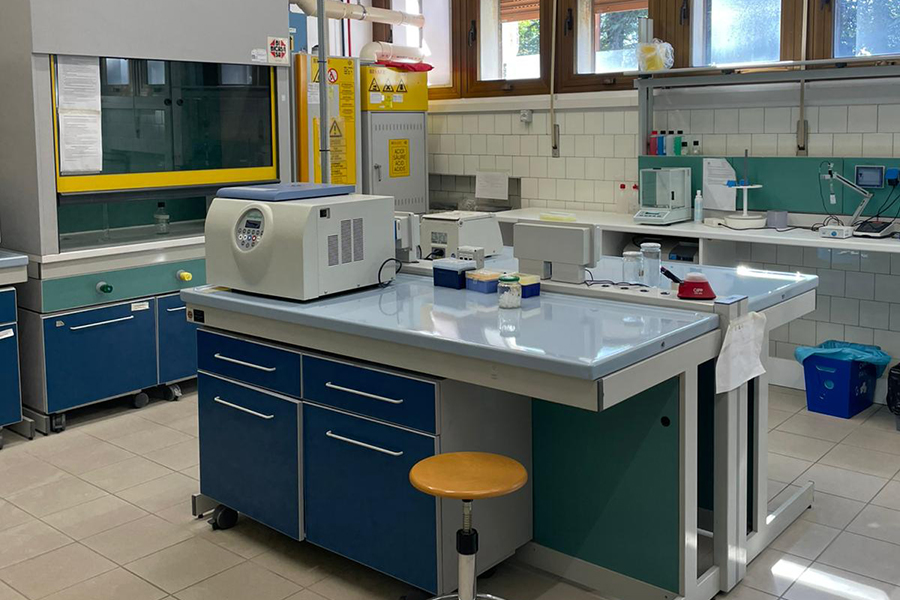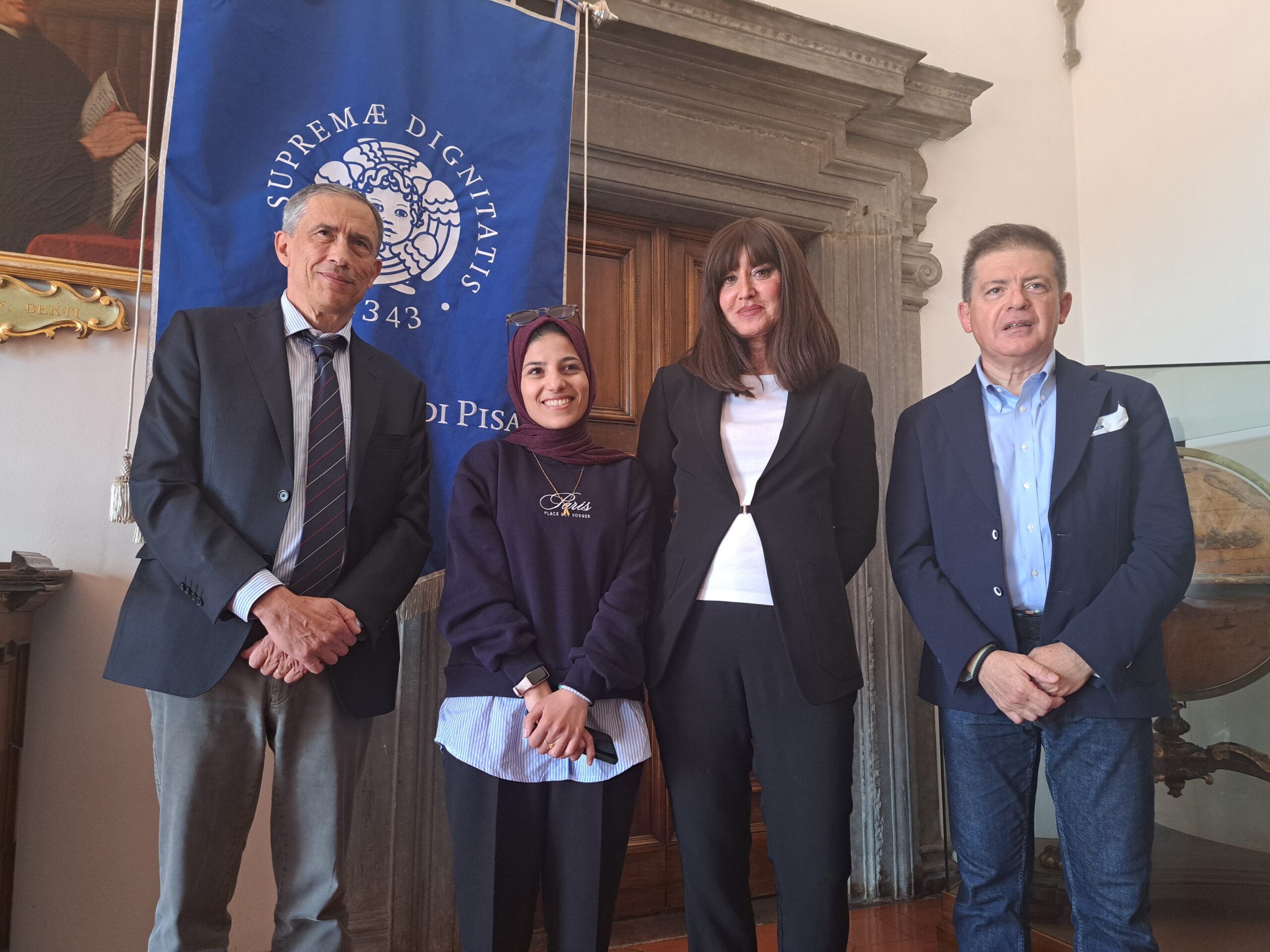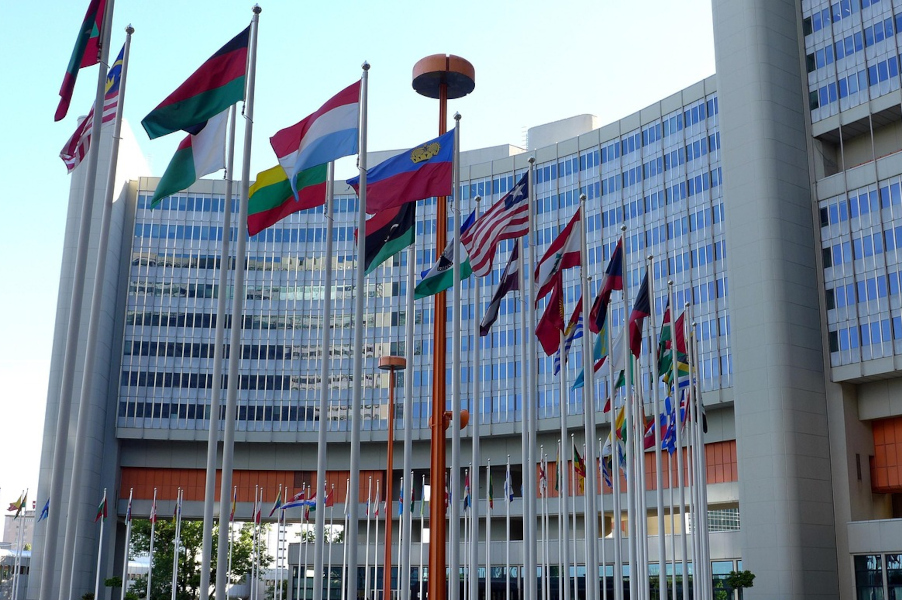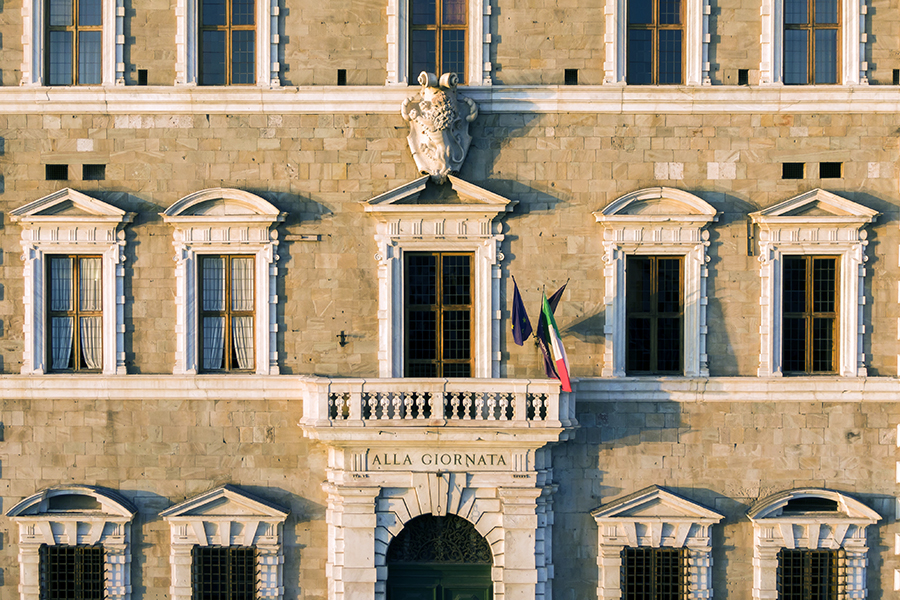With the final session held on June 24, this year’s edition of the Tenuta Lab has officially concluded, following several weeks of structured and collaborative engagement. The programme began with online preparatory meetings in late May, continued with an intensive in-person week from June 9 to 13, and brought together 25 students from seven of the nine Circle U. partner universities in a transdisciplinary learning environment.
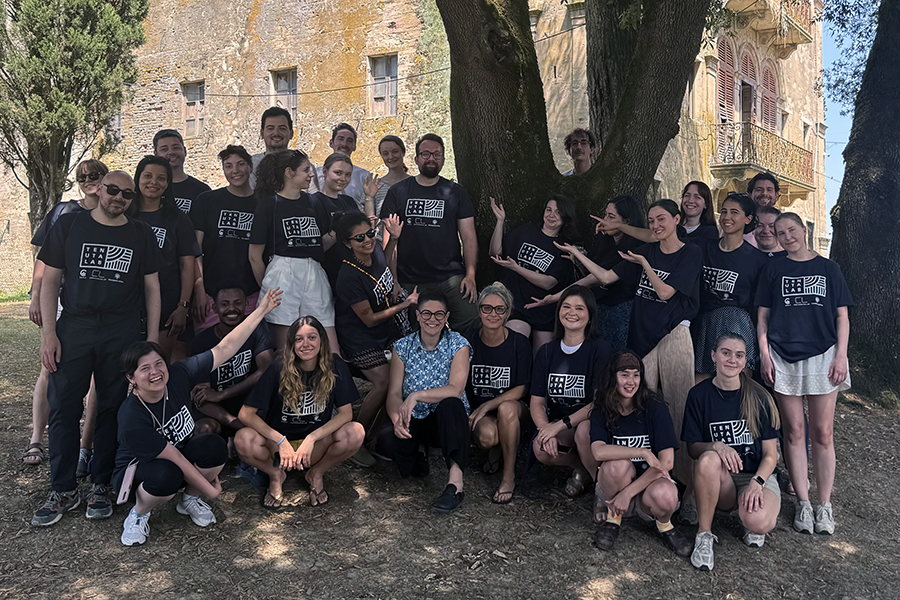
The immersive on-site week unfolded at Tenuta Suvignano, once the largest mafia-owned estate in Tuscany, seized in 1996 and definitively confiscated in 2007. Today, it is managed by the Region of Tuscany and stands as a powerful example of how assets once tied to organized crime can be reclaimed and transformed into spaces for social innovation, sustainable agriculture, and responsible tourism—turning a former symbol of criminal power into a thriving civic asset.
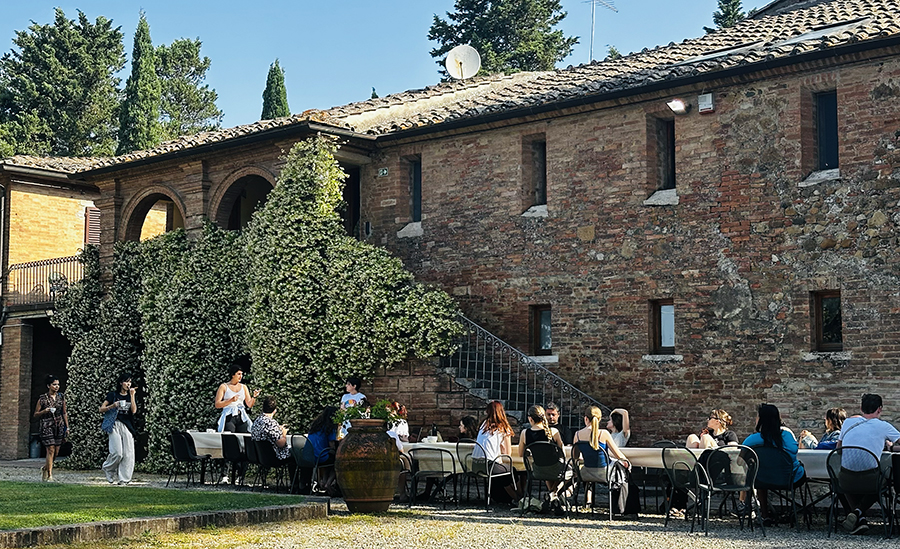
Throughout the Lab, students explored how the fight against organized crime can become a catalyst for sustainable, community-driven innovation. They worked in international, interdisciplinary teams, developing ideas with triple impact—social, environmental, and economic—while learning to co-design with and for the local community.
The Lab challenged them to think across boundaries: from the impact of mafia systems on rural economies to regenerative entrepreneurship, from social innovation and ecological transition to co-creation methods like design thinking, stakeholder mapping, and rapid prototyping.
It wasn’t just about theory, it was also about hands-on teamwork, learning directly from local businesses, farmers, and institutions, and envisioning how these ideas could grow beyond Suvignano, generating ripples in their own communities.
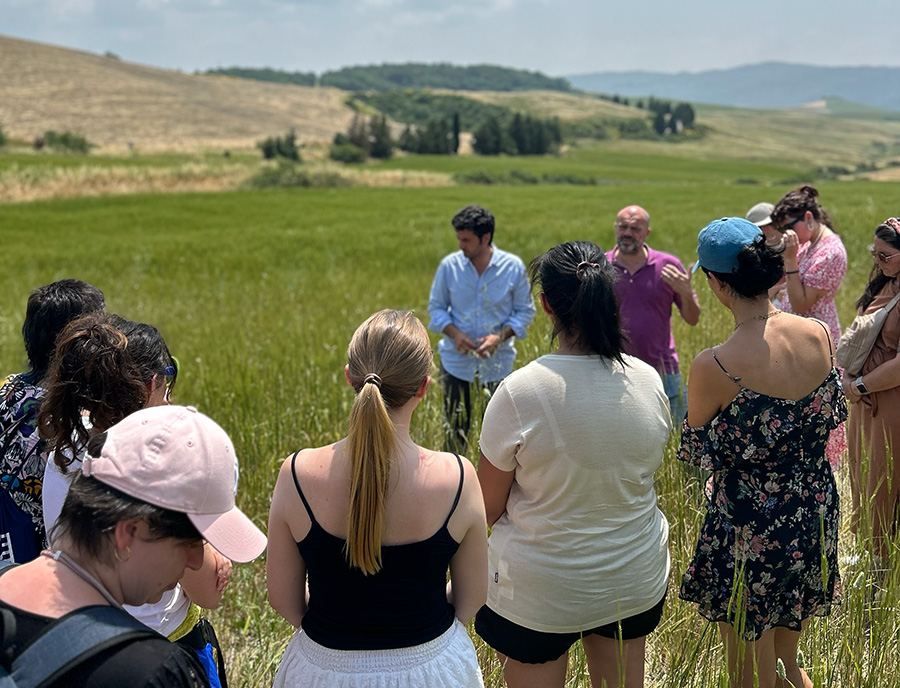
The students expressed great enthusiasm for their experience. In particular, Aliia (UNIVIE) shared: “Tenuta Lab was more than a summer school — it was an intense, emotional journey into Italian culture, teamwork, and human connection. In just five days, we lived a full exchange experience, embracing challenges, conflicts, and growth with passionate professors and inspiring peers. I’ll carry its lessons, its people, and its spirit with me, always.”
As Professor Alessio Cavicchi, academic lead of the programme, put it: “Setting foot in Suvignano means seeing, touching, and living how legality can become a lever for growth. In just five days, students turned their curiosity and initial outrage into concrete projects, proving that innovation and tradition are not opposites—they’re part of the same Tuscan story. The co-design methods and regenerative entrepreneurship mindset they practiced here convinced local stakeholders and the regional government, who have already invited us to co-develop a follow-up project together”.
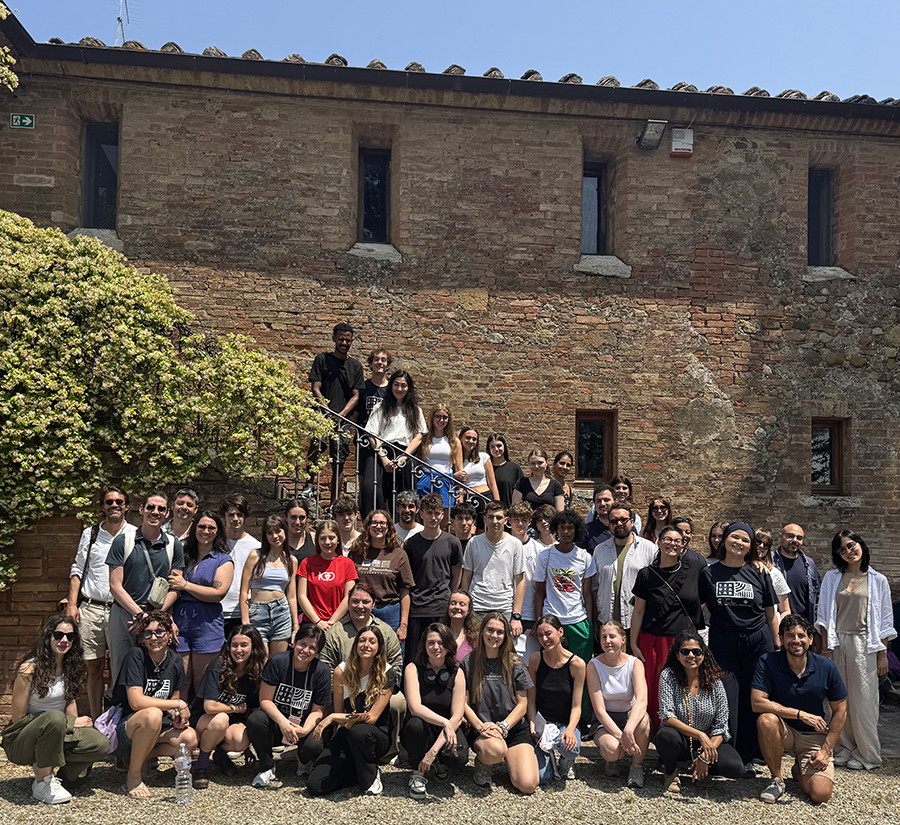
The Tenuta Lab isn’t just about learning in the community—it’s about learning with the community. By choosing meaningful locations like Suvignano, European universities are helping shape the next generation of changemakers—students capable of navigating complexity, embracing social responsibility, and building sustainable futures from the ground up.
